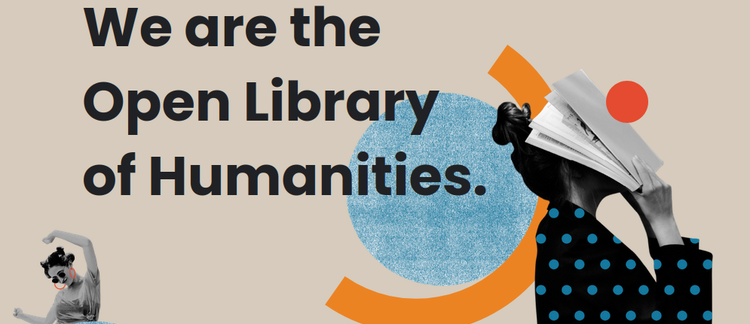Megajournals and Scholarship in the South
Posted by Martin Paul Eve on 12 April 2013



Francisco Osorio, a social anthropologist at the University of Chile and editor of the Latin American social science journal Cinta de Moebio (Moebius Strip), has published an article discussing what the Open Library of Humanities might mean for journal editors working in the Global South. Osorio poses a series of questions of direct relevance to academic researchers, publishers and editors working in Latin America, including: "should we create mega journals? Is open access the way forward? Should we continue to write in Spanish and disconnect ourselves from the English language? Is Google watching us?"
As he writes, social scientists working in Chile are having to adapt to the rapidly changing landscape of open access publishing and learn lessons from emergent and established megajournals:
My question is what we can learn from current trends in academic publishing from the north, while being in the south. In the Social Science Faculty (FACSO) at University of Chile we don't have journals indexed in Web of Science nor in Scopus. We have only one journal in a south driven project called SciELO (www.scielo.org) that could remain unnoticed to the north. My fear is that we could be preparing to run a marathon that, by the time we get there, has changed its route.
Let us be clear, we hardly exist for the international scientific community. We don't write in English most of the time, our journals are not indexed in the two big ones and we put hardly any money at all in our journals. According to the Chilean Commission for Scientific and Technological Research in 2010 Chilean journals published 0.3% of the world total articles (considering all Chilean journals). That figure came from a Scopus database, so our FACSO journals don't even count in there.
So what we can do. We could copy the current journal model of the periodicals we admire the most. The problem is that the model is under heavy fire by a new species: the mega journals. […] So the new words for us are: open access, mega journals, gold open access, and green open access, among others. Old words are ISI (today's Web of Science) and restricted access (where you have to pay to read articles).
Francisco Osorio is a member of the OLH's Internationalisation Committee. You can read his article in full at the Newsletter for the Facultad de Ciencias Sociales, Universidad de Chile.
Image by @Doug88888 under a CC BY-NC-SA license.

